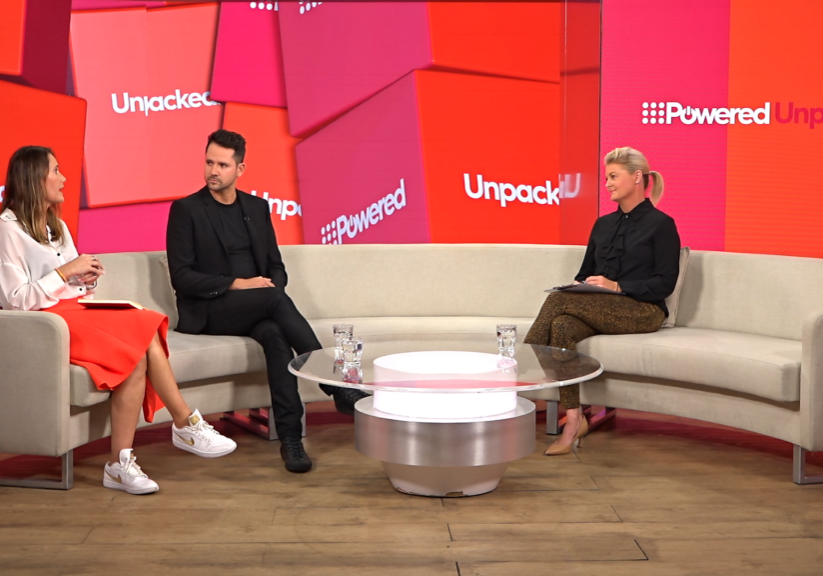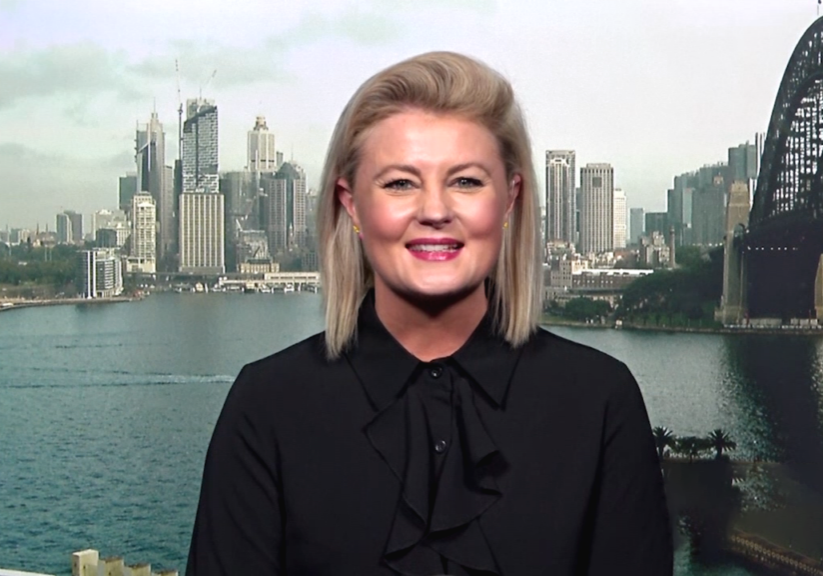Powered Unpacked
Unpacking all things data, cookies, privacy and impending legislation change.

"Marketers need to 'test and invest' as cookie cull 'resets' digital ad industry, and privacy law overhaul goes further than we thought" - IAB CEO Gai Le Roy
Incoming privacy changes and Google’s moves to phase out cookies on the web and tracking across mobile devices will fundamentally change how digital marketing functions. IAB CEO Gai Le Roy, Resolution COO Phil Pollock and Nine commercial product & data chief Ben Campbell unpack what’s coming down the track, and what marketers need to do now as the age of hyper-targeting comes to an end.
Marketers need to "test and invest"
IAB CEO Gai Le Roy has urged marketers to quickly get their heads around alternatives to cookies ahead of a “reset” of the digital ad industry. Publishing and media agency execs also warn brands to prepare for major disruption to the way they plan ad campaigns, and incoming restrictions on how they collect and use consumer data.
Google’s phasing out of 3rd party cookies and announcements to later cull Android ad IDs follow Apple’s removal of its ID For Advertisers and make brands and publishers gain explicit consent to track people across 3rd party websites and apps.
The upshot is that advertisers have already lost a lot of the things they took for granted in terms of ad planning, targeting and attribution, with further changes coming as regulators globally and locally tighten data privacy laws.
Tracking, targeting: prepare for impact
Apple’s manoeuvres have had a “huge impact”, said IAB CEO Gai Le Roy, with brands finding the majority of people do not opt in to tracking, making it hard to track across apps.
She said marketers must now prepare for Google’s changes with third-party cookies set to be removed next year, and get to grips with alternatives – such as Topics, a way of audience segmentation via browsers, and FLEDGE, a solution for retargeting without cookies. Google is also working on new APIs for attribution.
“So there are lots of challenges for marketers to actually ascertain what's working, how they should be spending their money,” said Le Roy.
Marketers must “educate themselves and create a plan … they really need to formulate the impact in their own business,” urged Phil Pollock, Chief Operating Officer at Omnicom-owned Resolution Digital.
“Do a full audit, really understand all the different touch points [within their digital marketing supply chain], and the different ad tech vendors they're utilising,” he said. “And it is really important to communicate those impacts to all stakeholders internally. [Tell them] ‘This will have an impact on measurement, it will have an impact on the campaigns that we are running’ – that needs to be clearly articulated throughout the organisation.”
Is connected TV immune to upheaval?
While most digital channels are disrupted, connected TVs and BVOD don’t use cookies, and so are “largely immune” from the incoming changes, according to Nine Director of Advertising and Data Products, Ben Campbell.
“So a lot of the targeting that exists on connected TVs will likely continue into the future, for now at least,” he said.
While Google and Apple’s changes make cross-site and cross-app tracking harder, Campbell thinks Nine is in a “pretty unique position, because we own that first-party relationship with users when they come to our site”. Because first-party cookies will still be allowed, that means vertically integrated publishers like Nine “will still be able to track within our ecosystem”.
Hence Nine is working to enrich its first-party data to understand more about its audiences and expanding its single sign on strategy to capture more identity data – essentially, gathering more email addresses by asking people to log-in to stream video or read news. Brands can then match those emails with data from their own CRM systems. Nine now has upwards of 14 million unique IDs.
“That’s really important for us, to try and build up that identity data set so that we can help advertisers find more of their customers who might have signed into one of their services when they surface on Nine,” said Campbell.
Privacy changes "go further than we thought"
Australia’s privacy laws are under review, with major implications for advertisers in terms of the kind of data that can be collected and used. While “nothing is yet set in stone”, the Attorney-General’s proposals “took everyone by surprise by going a little bit further than we thought they were going to”, IAB’s Gai Le Roy said.
A key proposal is a “fair and reasonable” test for collection and use of data. “That’s quite a hard thing to do because [the definition of what is fair and reasonable] is quite subjective,” she said.
“We’re still working with the government to work out exactly what that looks like, making sure Australia can operate with other markets, that we’re not too different and that we can work in a global economy.
“There’s definitely a lot more power on the consumer side, which is great. The challenge for us as an industry is to articulate to consumers what we are doing with their data.”
Do data restrictions herald return of mass marketing?
Failure to win consumer trust will mean fewer people will agree to allow brands and publishers to use their data, and both Nine’s Ben Campbell and Resolution’s Phil Pollock think the privacy overhaul will put a stop to many current digital advertising practices.
“I think that the landscape is fundamentally going to change over the next two years,” said Pollock.
Campbell agreed there are “big implications” for how data can be used. The days of hoovering up every crumb of data about who and where people are, what they are looking at, what they like and dislike, is over, he suggested.
“Technology has evolved at such rapid pace that whenever there was a capability to go out and micro-target particular audiences, people just went ahead and did it, rather than taking a step back and asking, ‘should we do this’?”
The probable upshot is a swing back from hyper-targeting towards mass marketing, Campbell suggested, and a return to panels for attribution.
All of which means marketers must prepare to go back to a fast approaching future.
“It’s a bit of a reset moment,” said IAB’s Gai Le Roy. “It’s time to test [post-cookie, post-privacy approaches] and really invest in understanding what’s going on.”
View more marketing insights from Powered by Nine
Contact us for more information on how your brand can leverage the power of Nine to deliver real business outcomes.




